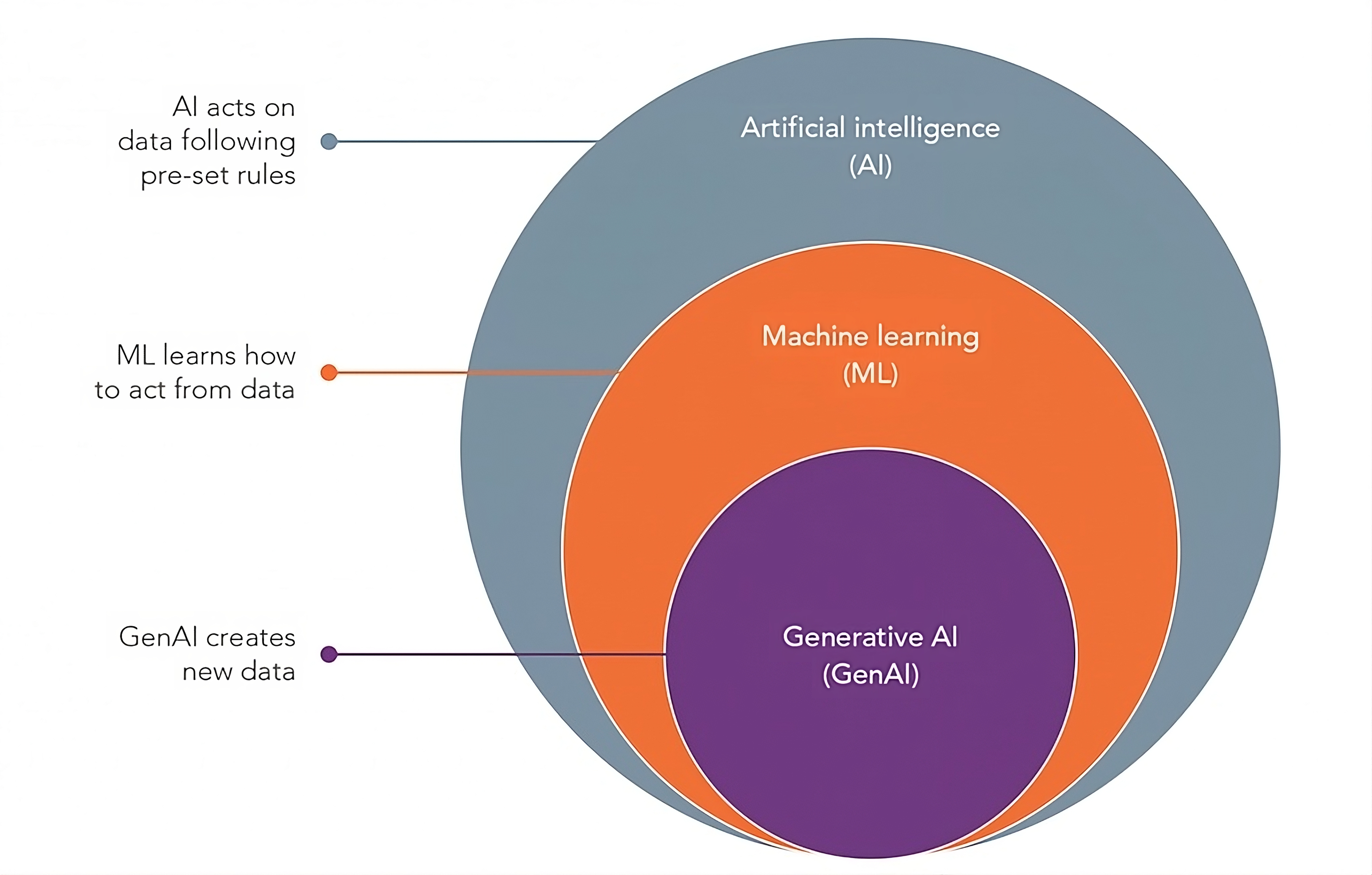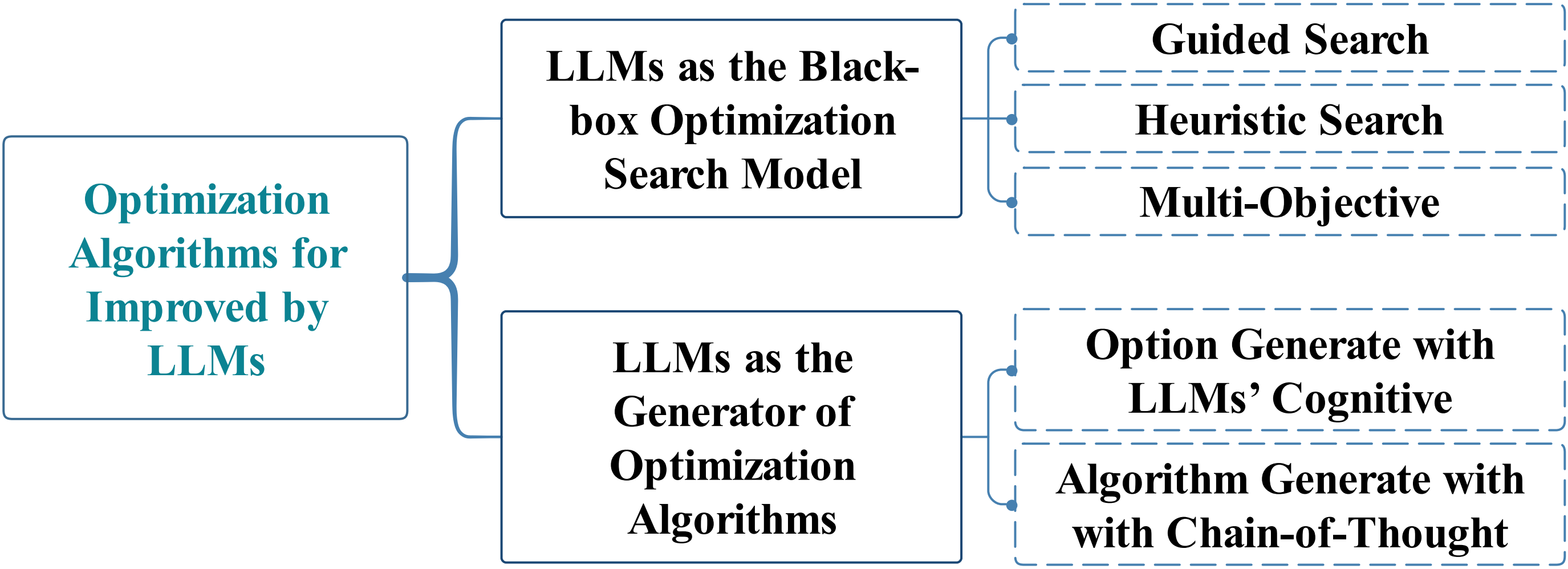Enhancing Decision-Making in Optimization through LLM-Assisted Inference: A Neural Networks Perspective

0

Sign in to get full access
Overview
- This paper explores how large language models (LLMs) can be used to enhance decision-making in optimization problems, particularly from the perspective of neural networks.
- The authors investigate the potential of LLMs to assist in making more informed and nuanced decisions during the optimization process.
- The research aims to showcase the benefits of integrating LLMs with evolutionary algorithms and using LLMs as evolutionary optimizers to improve the overall decision-making capabilities.
Plain English Explanation
Optimization problems are complex challenges that involve making the best decisions to achieve desired outcomes. In many cases, these decisions require a deep understanding of the problem and its nuances. This paper explores how large language models (LLMs) – advanced AI systems trained on vast amounts of text data – can be leveraged to enhance the decision-making process in optimization tasks.
The key idea is to integrate LLMs with evolutionary algorithms, which are a type of optimization technique inspired by the principles of natural selection. By combining the powerful reasoning capabilities of LLMs with the iterative search capabilities of evolutionary algorithms, the researchers aim to develop more sophisticated and context-aware optimization systems.
For example, imagine an optimization problem where you need to design a new product that is both cost-effective and environmentally friendly. LLMs could assist in this process by providing detailed, nuanced explanations of the trade-offs between different design choices, helping the decision-maker arrive at a more informed and balanced solution.
By leveraging the powerful language understanding and generation capabilities of LLMs, the researchers hope to create optimization systems that can navigate complex, multi-faceted optimization challenges more effectively, leading to better outcomes for both businesses and society.
Technical Explanation
The paper presents a framework for enhancing decision-making in optimization problems through the integration of large language models (LLMs) and neural networks. The authors explore how LLMs can be used to assist in the decision-making process during the optimization of complex systems, particularly in the context of multi-objective optimization problems.
The proposed approach involves incorporating LLMs into evolutionary algorithms, where the LLMs provide detailed, nuanced explanations of the trade-offs between different design choices, guiding the optimization process towards more informed and balanced solutions. The authors also investigate the use of LLMs as evolutionary optimizers themselves, leveraging their powerful language understanding and generation capabilities to navigate complex, multi-faceted optimization challenges.
Through a series of experiments and simulations, the researchers demonstrate the potential benefits of this approach, including improved decision-making, better exploration of the solution space, and the ability to handle complex, multi-objective optimization problems more effectively.
Critical Analysis
The paper presents a promising approach to enhancing decision-making in optimization problems through the integration of large language models (LLMs) and neural networks. The authors make a compelling case for the potential benefits of leveraging the powerful language understanding and generation capabilities of LLMs to guide the optimization process, particularly in the context of multi-objective optimization challenges.
One potential limitation of the research is the need for further exploration of the practical implementation and scalability of the proposed framework. While the simulations and experiments demonstrate the viability of the approach, real-world optimization problems may present additional challenges that require more extensive testing and validation.
Additionally, the authors could have delved deeper into the potential biases and limitations of LLMs and how these might impact the decision-making process in optimization tasks. Addressing these concerns could help strengthen the robustness and reliability of the proposed framework.
Overall, the paper offers a thought-provoking and innovative approach to improving decision-making in optimization, with significant potential implications for a wide range of industries and applications. Further research and development in this area could lead to exciting advancements in the field of intelligent optimization systems.
Conclusion
This paper explores a novel approach to enhancing decision-making in optimization problems through the integration of large language models (LLMs) and neural networks. By incorporating LLMs into evolutionary algorithms and leveraging their powerful language understanding and generation capabilities, the researchers aim to create more sophisticated and context-aware optimization systems that can better navigate complex, multi-faceted optimization challenges.
The proposed framework shows promise in improving decision-making, exploring the solution space more effectively, and handling multi-objective optimization problems with greater nuance and detailed explanations. Further research and development in this area could lead to significant advancements in the field of intelligent optimization systems, with potential applications across a wide range of industries and domains.
This summary was produced with help from an AI and may contain inaccuracies - check out the links to read the original source documents!
Related Papers


0
Enhancing Decision-Making in Optimization through LLM-Assisted Inference: A Neural Networks Perspective
Gaurav Singh, Kavitesh Kumar Bali
This paper explores the seamless integration of Generative AI (GenAI) and Evolutionary Algorithms (EAs) within the domain of large-scale multi-objective optimization. Focusing on the transformative role of Large Language Models (LLMs), our study investigates the potential of LLM-Assisted Inference to automate and enhance decision-making processes. Specifically, we highlight its effectiveness in illuminating key decision variables in evolutionarily optimized solutions while articulating contextual trade-offs. Tailored to address the challenges inherent in inferring complex multi-objective optimization solutions at scale, our approach emphasizes the adaptive nature of LLMs, allowing them to provide nuanced explanations and align their language with diverse stakeholder expertise levels and domain preferences. Empirical studies underscore the practical applicability and impact of LLM-Assisted Inference in real-world decision-making scenarios.
Read more5/14/2024


0
When Large Language Model Meets Optimization
Sen Huang, Kaixiang Yang, Sheng Qi, Rui Wang
Optimization algorithms and large language models (LLMs) enhance decision-making in dynamic environments by integrating artificial intelligence with traditional techniques. LLMs, with extensive domain knowledge, facilitate intelligent modeling and strategic decision-making in optimization, while optimization algorithms refine LLM architectures and output quality. This synergy offers novel approaches for advancing general AI, addressing both the computational challenges of complex problems and the application of LLMs in practical scenarios. This review outlines the progress and potential of combining LLMs with optimization algorithms, providing insights for future research directions.
Read more5/17/2024


0
Large Language Models as Surrogate Models in Evolutionary Algorithms: A Preliminary Study
Hao Hao, Xiaoqun Zhang, Aimin Zhou
Large Language Models (LLMs) have achieved significant progress across various fields and have exhibited strong potential in evolutionary computation, such as generating new solutions and automating algorithm design. Surrogate-assisted selection is a core step in evolutionary algorithms to solve expensive optimization problems by reducing the number of real evaluations. Traditionally, this has relied on conventional machine learning methods, leveraging historical evaluated evaluations to predict the performance of new solutions. In this work, we propose a novel surrogate model based purely on LLM inference capabilities, eliminating the need for training. Specifically, we formulate model-assisted selection as a classification and regression problem, utilizing LLMs to directly evaluate the quality of new solutions based on historical data. This involves predicting whether a solution is good or bad, or approximating its value. This approach is then integrated into evolutionary algorithms, termed LLM-assisted EA (LAEA). Detailed experiments compared the visualization results of 2D data from 9 mainstream LLMs, as well as their performance on optimization problems. The experimental results demonstrate that LLMs have significant potential as surrogate models in evolutionary computation, achieving performance comparable to traditional surrogate models only using inference. This work offers new insights into the application of LLMs in evolutionary computation. Code is available at: https://github.com/hhyqhh/LAEA.git
Read more6/18/2024
💬

0
Optimal Decision Making Through Scenario Simulations Using Large Language Models
Sumedh Rasal, E. J. Hauer
The rapid evolution of Large Language Models (LLMs) has markedly expanded their application across diverse domains, transforming how complex problems are approached and solved. Initially conceived to predict subsequent words in texts, these models have transcended their original design to comprehend and respond to the underlying contexts of queries. Today, LLMs routinely perform tasks that once seemed formidable, such as writing essays, poems, stories, and even developing software code. As their capabilities continue to grow, so too do the expectations of their performance in even more sophisticated domains. Despite these advancements, LLMs still encounter significant challenges, particularly in scenarios requiring intricate decision-making, such as planning trips or choosing among multiple viable options. These tasks often demand a nuanced understanding of various outcomes and the ability to predict the consequences of different choices, which are currently outside the typical operational scope of LLMs. This paper proposes an innovative approach to bridge this capability gap. By enabling LLMs to request multiple potential options and their respective parameters from users, our system introduces a dynamic framework that integrates an optimization function within the decision-making process. This function is designed to analyze the provided options, simulate potential outcomes, and determine the most advantageous solution based on a set of predefined criteria. By harnessing this methodology, LLMs can offer tailored, optimal solutions to complex, multi-variable problems, significantly enhancing their utility and effectiveness in real-world applications. This approach not only expands the functional envelope of LLMs but also paves the way for more autonomous and intelligent systems capable of supporting sophisticated decision-making tasks.
Read more7/11/2024